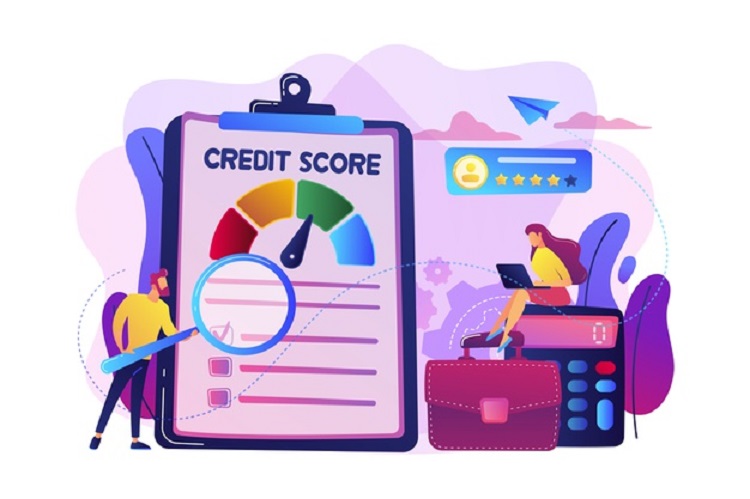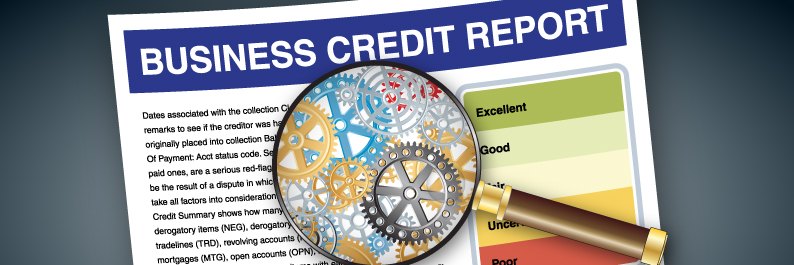Business credit reports are essential tools for assessing the creditworthiness of a company and making informed financial decisions. These reports provide valuable information about a business’s financial history, payment behavior, and credit risk. To better understand the significance of business credit reports, let’s explore the different types and their importance in various aspects of the business world.
Types of Business Credit Reports
1. Business Credit Bureau Reports: These reports are generated by credit bureaus that specialize in business credit information. They compile data from various sources, including trade credit, public records, and financial institutions. Business credit bureau reports typically include a credit score, payment history, outstanding debts, and legal filings.
2. Supplier and Trade Credit Reports: These reports focus on a business’s relationships with suppliers and trade partners. They provide insights into how promptly a company pays its bills, the terms of trade credit agreements, and any outstanding balances.
3. Commercial Banking Reports: Commercial banks often maintain credit reports on their business clients. These reports assess the financial health of the business, its borrowing history, and its credit utilization with the bank.
4. Public Records and Legal Reports: Public records and legal reports include information on any legal actions, such as bankruptcies, liens, or judgments, that may impact a business’s creditworthiness.
5. Financial Statements: Financial statements, such as income statements, balance sheets, and cash flow statements, provide a comprehensive view of a company’s financial performance. Lenders and investors use these reports to assess a business’s ability to repay debts.

Significance of Business Credit Reports
1. Creditworthiness Assessment: Business credit reports are a critical tool for lenders, suppliers, and investors to assess a company’s creditworthiness. A positive credit report indicates a history of responsible financial management and payment practices.
2. Access to Financing: A strong business credit report can improve a company’s access to financing options, including loans, lines of credit, and business credit cards. Lenders use these reports to determine loan terms and interest rates.
3. Supplier Relationships: Suppliers may use business credit reports to assess the risk of extending trade credit to a business. Positive reports can lead to favorable credit terms, while negative reports may result in stricter payment terms.
4. Business Expansion: Business credit reports are often reviewed when a company seeks to expand its operations, enter into new contracts, or establish partnerships. A positive credit history can enhance credibility in these endeavors.
5. Insurance Premiums: Insurance companies may consider a business’s credit report when determining insurance premiums. A favorable credit history can result in lower insurance costs.
6. Investor Confidence: Investors and shareholders may review business credit reports to gauge the financial stability and risk associated with a company. Positive reports can instill confidence in stakeholders.
7. Compliance and Regulation: Some industries and regulatory bodies require businesses to maintain good credit standing to operate or maintain licenses. Compliance with credit-related regulations is essential.
8. Risk Mitigation: Business credit reports help businesses and lenders identify potential risks and take appropriate measures to mitigate them. This may include adjusting credit terms or requiring collateral.
In conclusion, different types of business credit reports serve various purposes in assessing a company’s financial health and creditworthiness. These reports play a crucial role in facilitating access to financing, building trust with suppliers, and making informed business decisions. Small and large businesses alike should actively manage and monitor their business credit reports to maintain a positive financial reputation in the business world.


